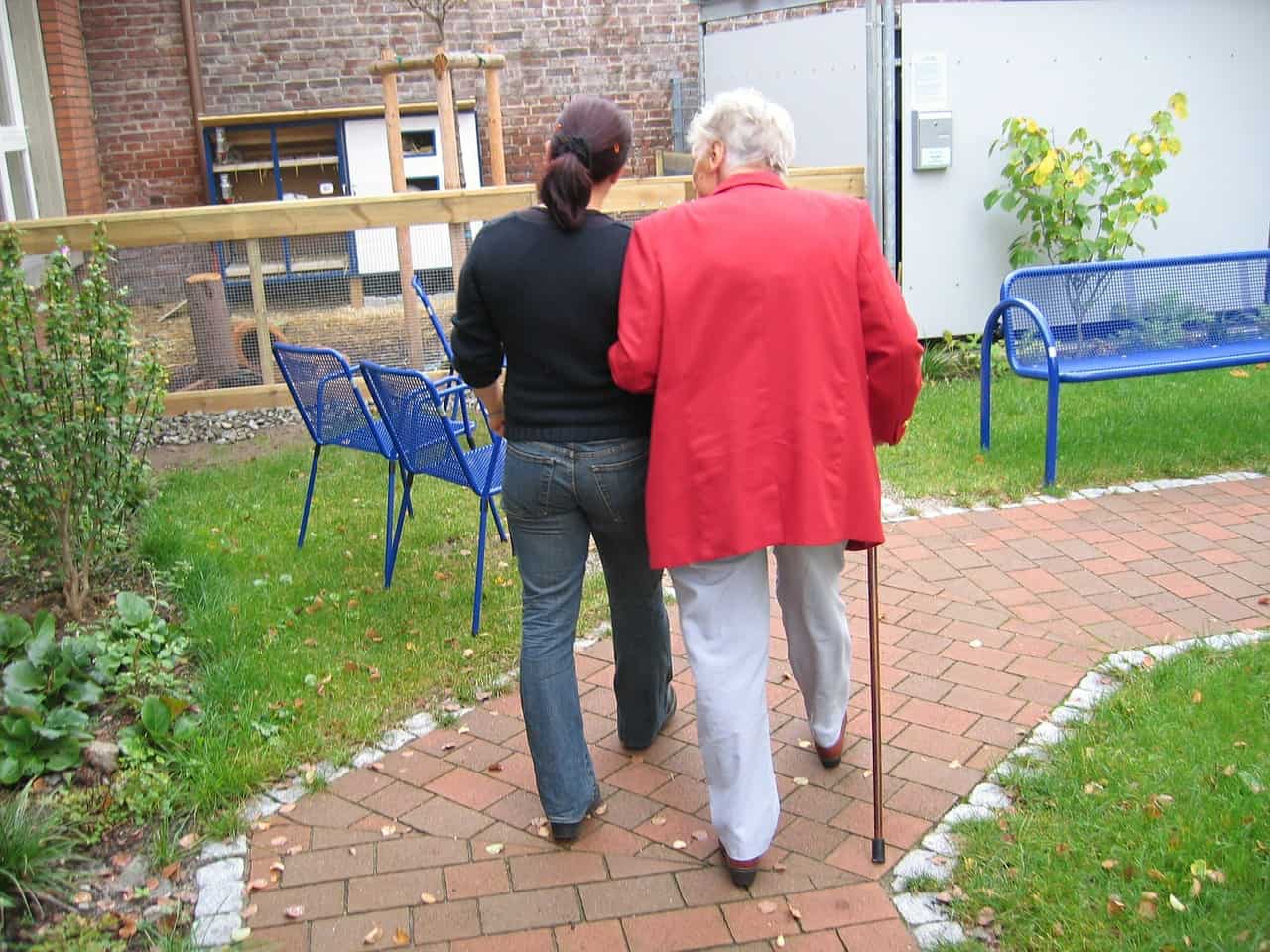Individuals Of Any Age May Require Long Term Care, Which Can Be Provided By Family Caregivers Or Home Healthcare Professionals
You may believe that long term care is only for elderly, sick patients warehoused in a depressing facility. In reality, Pegasus caregivers in Rosemead and elsewhere assist individuals of all ages in their home. We have collected the information you need to know if your loved one needs care.
More than 40 percent of long term care is provided to individuals under the age of 65. That dispels the common myth that assistance is only for the aged. Younger people receive care for many of the same reasons that older individuals do, including:
- Chronic disease
- Developmental disabilities
- Disabling conditions, such as spinal cord injury
- Mental illness
- Strokes
Seniors can experience additional or worsening conditions due to the aging process.
Approximately 70 percent of adults aged 65 and older will require long term care. If your loved one is a male, he may need it for slightly more than two years. Females may receive help for more than three years.
Long Term Care And Home Healthcare Go Hand-In-Hand
Although individuals receive long term care in facilities, the majority is provided through home healthcare. Family caregivers bear most of the responsibility. They are traditionally unpaid, untrained, and overworked.
Individuals receive home healthcare for many reasons. It can be short-term medical care. An example is helping someone who is recovering from surgery.
Long term care is usually required for the remainder of the person’s life. The goal is to improve a loved one’s quality of life, rather than to “cure” them. Combining it with home healthcare allows individuals to live as independently as possible in the comfort of their home.
Statistics confirm the benefit of receiving care at home. Nationwide, the data show that:
- Patients in nursing homes receive long term care for 2.43 years
- Patients in assisted living facilities receive long term care for about 2.5 to 3 years
- Patients living at home receive long term care for 3 to 5 years
These are averages and naturally will vary depending on the individual’s condition, but the pattern is clear. Individuals living at home are happier and live longer.
When Is Long Term Care Necessary?
Long term care is necessary when an individual is unable to perform the activities of daily living without assistance. These are generally personal activities, such as:
- Bathing
- Dressing
- Eating
- Transfers between two pieces of furniture, for example from bed to chair
Some individuals may need help in using a toilet or coping with incontinence.
Other types of activities are classified as “instrumental” and are usually not as time consuming for the caregiver. These include, but aren’t limited to:
- Financial matters, such as paying bills
- Housework
- Laundry
- Looking after pets
- Meal preparation and cleanup
- Shopping for food, clothing, or household items
Some individuals may need help using a phone or other communication devices like emergency monitors.
Providing long term care is often stressful for family members. You may feel overwhelmed or frustrated. You may also experience sadness as your loved one continues to lose the ability for self-care.
Even minimal time spent in caregiving can create additional problems for family members who are employed. You may need to take time off from work or give up vacations. In extreme cases, you can be passed over for promotion or lose your job.
Long term care often involves medical caregiving. That can include routine tasks such as checking blood pressure. You might also monitor when/if medications are taken, especially if your loved one is forgetful.
More complex care can include tasks that require skilled training. Examples include:
- Catheterizing
- Changing bandages and other wound care
- Injections
- Occupational, physical, or speech therapy
- Psychological counseling
Home healthcare professionals like registered nurses help individuals with the level and kind of assistance needed.
How Can Home Health Care Professionals Help?
What many caregivers need the most is usually just a break. That’s known as respite care. It’s one of the many services Pegasus provides.
Pegasus home healthcare services are designed to take the pressure off family members. We help caregivers obtain any training they require. We can also help procure supplies or equipment that can make their job easier.
Aides can do the household chores, including food shopping and preparation. Others are available to visit and provide companionship to a loved one. Or if your loved one wants to shop or visit friends, an aide can safely transport them.
Americans as a whole are piling on pounds. Many are gaining weight to the point of obesity. That’s a problem even for young individuals, but obesity leads to disability and serious health issues in seniors.
Your loved one may have dietary restrictions because of medical conditions like diabetes. Or their meds may require avoiding certain foods. Dietitians work with individuals to encourage healthy eating and compliance with special requirements.
Pegasus is a licensed Home Care Organization and a Joint Commission Accredited Home Health Care organization. We treat every individual with dignity and respect for their privacy regardless of their medical needs. Our experts in Rosemead and our other locations are here for your loved one for as long as required.

